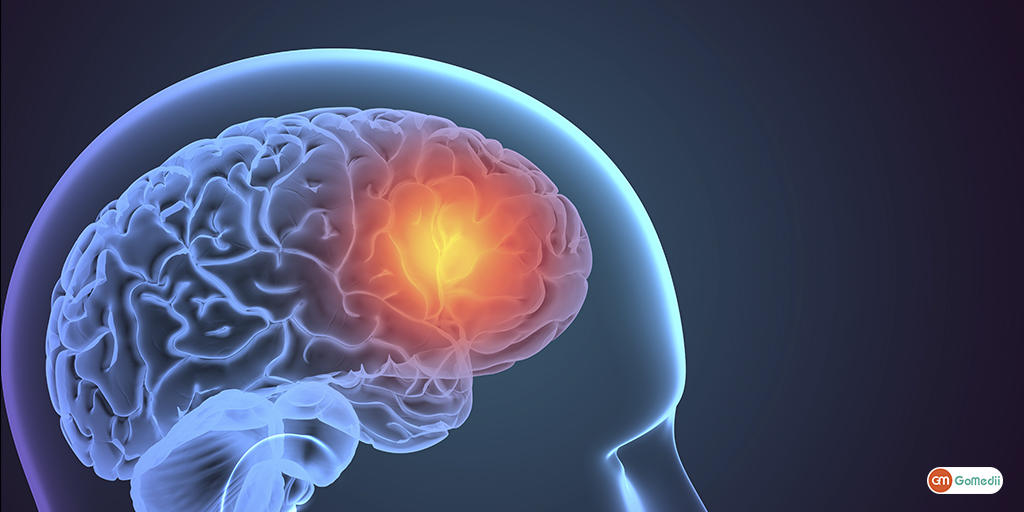
The most common and least serious type of traumatic brain injury is called a concussion. The word comes from the Latin concutere, which means “to shake violently.” A concussion is most often caused by a sudden direct blow or bump to the head.
What is Traumatic Brain Injury?
Traumatic brain injury (TBI) happens when a sudden, external, physical assault damages the brain. It is one of the most common causes of disability and death in adults. TBI is a broad term that describes a vast array of injuries that happen to the brain. The damage can be focal (confined to one area of the brain) or diffuse (happens in more than one area of the brain). The severity of a brain injury can range from a mild concussion to a severe injury that results in coma or even death.
Concussion Causes and Risk Factors
The brain is made of soft tissue. It’s cushioned by spinal fluid and encased in the protective shell of the skull. When you have a blow or bump to your head, the impact can jolt your brain. Sometimes, it literally causes it to move around in your head. Traumatic brain injuries can cause bruising, damage to the blood vessels, and injury to the nerves.
The result is your brain doesn’t function as it should. If you’ve had a concussion, vision may be disturbed, you may lose equilibrium, or you may fall unconscious. In short, the brain is confused.
Some things increase your risk for a concussion, including:
• Falls, particularly in children and older adults
• Playing a contact sport
• Lack of proper safety gear or supervision for contact sports
• Car, motorcycle, bicycle, and other accidents that cause a blow to the head
• Being hit, struck with an object, or other physical abuse
• Military service
• An earlier concussion
Concussion Symptoms
Concussions can be tricky to diagnose. Though you may have a visible cut or bruise on your head, you can’t see a concussion. Signs may not appear for days or weeks after the injury. Some symptoms last for just seconds; others may linger. There are some common physical, mental, and emotional symptoms a person may display following a concussion. Signs of traumatic brain injury include:
• Confusion or feeling dazed
• Clumsiness
• Slurred speech
• Nausea or vomiting
• Headache
• Balance problems or dizziness
• Blurred vision
• Sensitivity to light
• Sensitivity to noise
• Sluggishness
• Ringing in ears
• Irritability or other behavior or personality changes
• Difficulty concentrating
• Loss of memory
• Fatigue or sleepiness
• Loss of consciousness
• Forgetfulness such as repeating yourself
• Slowed response to questions
• Problems with sleep
• Depression
• Problems with taste or smell
